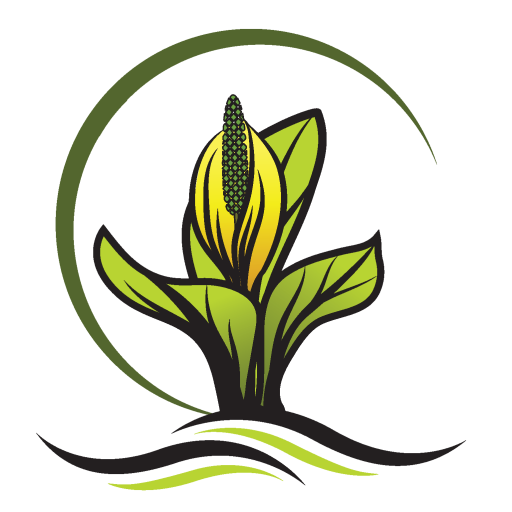Taxonomy
- Family Name: Alliaceae
- Botanical Name: Allium x proliferum This plant is a cross between Allium cepa, the cultivated onion, and Allium fistulosum, the Welsh onion
- Common Name: Egyptian Walking onion, tree onions, top onions, top-set onions, winter onions
Description
Egyptian walking onions are not from Egypt and they don’t walk, but they are onions.
In spring its narrow green leaves may be harvested and eaten as chives. As the bulbs develop they may be harvested as spring onions, or left in the ground to harvest later as shallot-sized onions.
The little bulblets or bulbils that form at the top of the stems are also edible.
Toxicity
There have been cases of poisoning caused by consumption in large quantities by humans and some other mammals of this plant. Dogs seem to be particularly susceptible.
References:
gardenersworld.com/plants/allium-x-proliferum/
gardenersworld.com/plants/allium-x-proliferum/
canr.msu.edu/news/egyptian_walking_onions_what_are_these_strange-looking_plants
Synonyms:
Allium cepa var. viviparum, bulbiferum or proliferum
Disclaimer: Vancouver Island Master Gardeners Association (VIMGA) does not advise or recommend herbs for medicinal or health use. Any information in the recommended resources should be regarded as being for educational purposes only and should not be considered as a recommendation or an endorsement of any medical or health treatment.

Photo: Dave Riddell
Text: Jane Kerr

